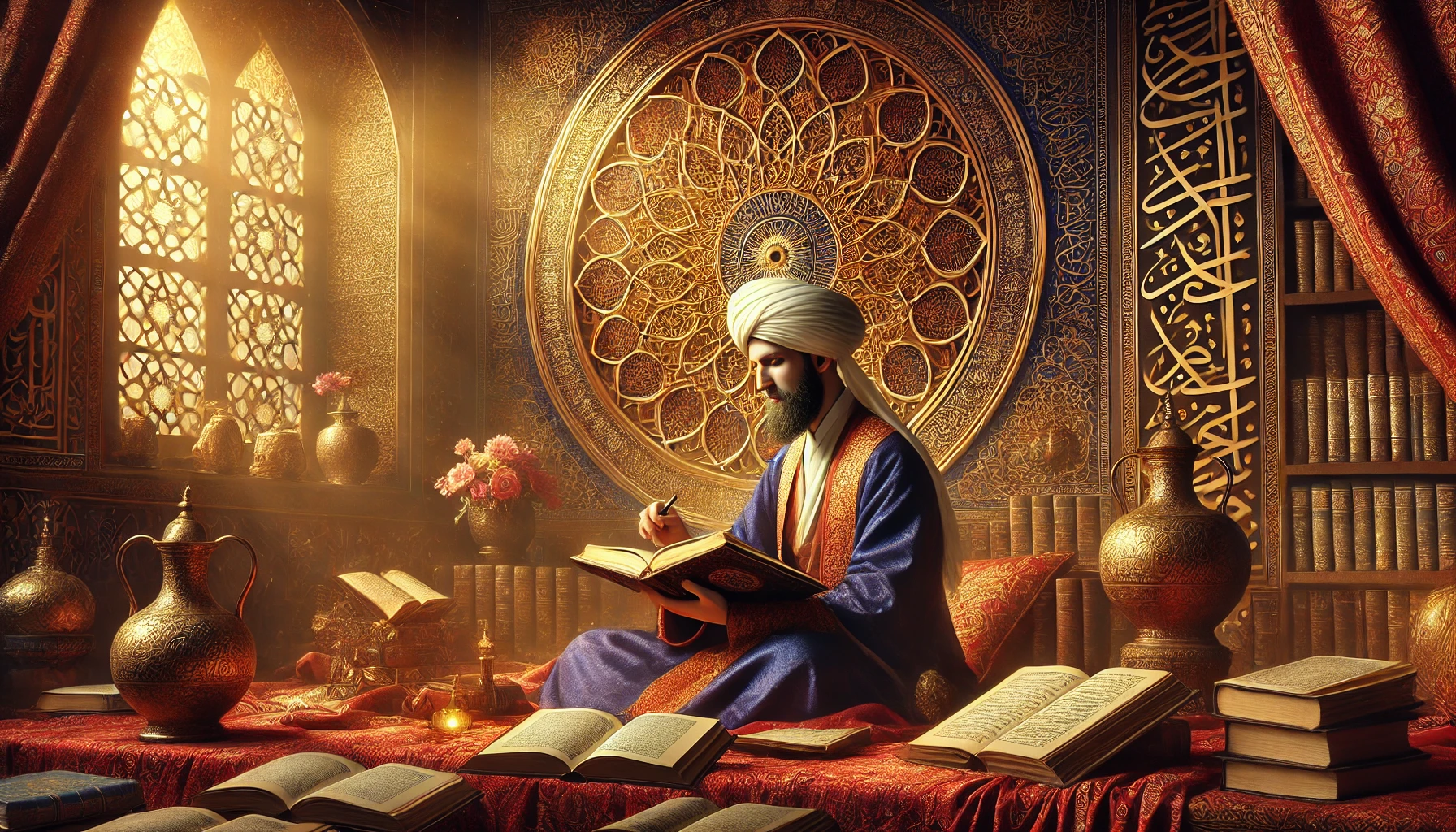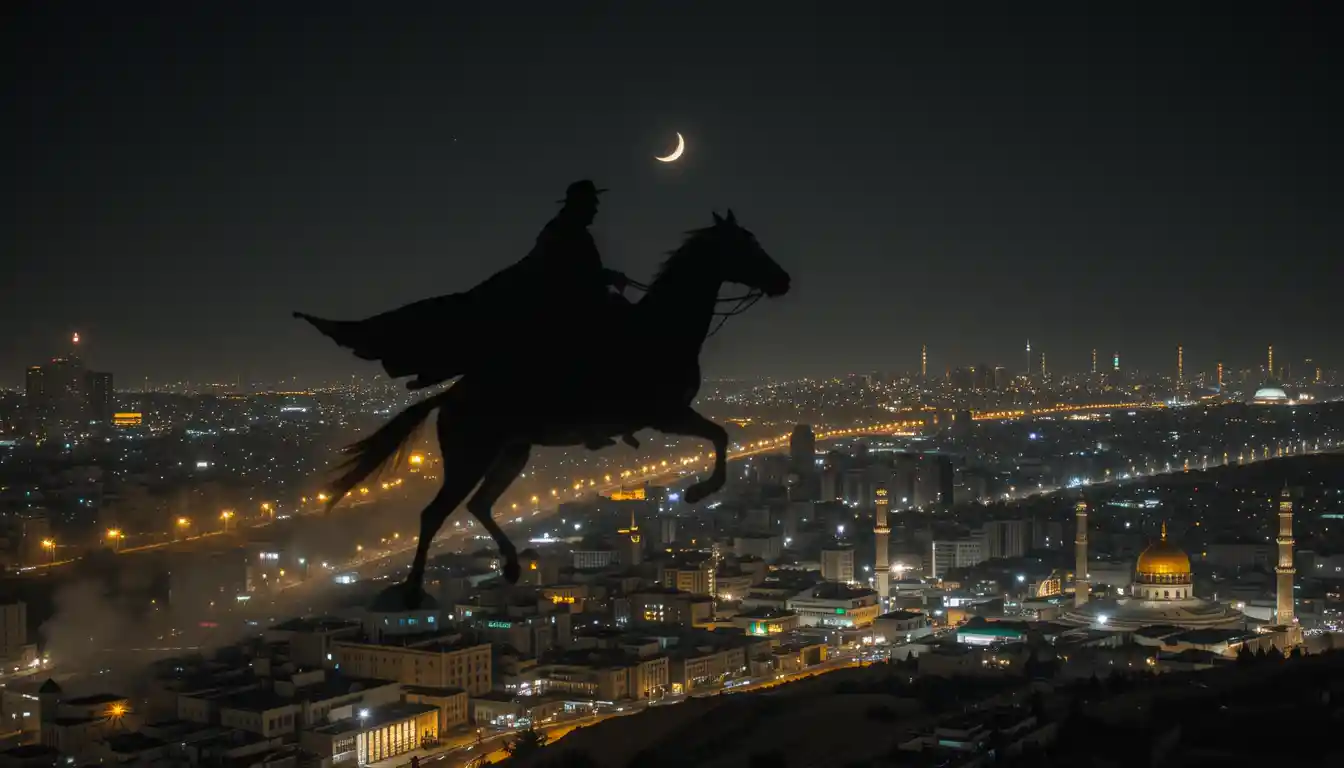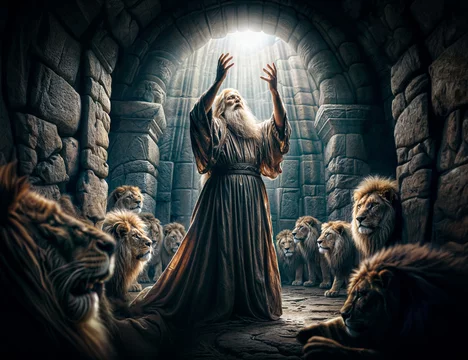In a world full of distractions and noise, many Muslims have forgotten the stories that shaped their past—and their present. The stories that bring tears to the eyes of angels. The pain that was felt in the heavens when the Ummah bled on Earth.
Let us travel through the broken, hidden, and silenced pages of Islamic history. We begin with Syria, the heart of Islamic scholarship and sacrifice.
Syria: The Silent Destruction of the Land of Scholars
Sham, known today as Syria, was not just a land of beauty. It was a sacred territory praised by the Prophet Muhammad (PBUH)
“Blessings to Sham, blessings to Sham!” ( In Tirmidhi)
Once filled with the echoes of Qur’an, Hadith, and Fiqh, Syria was home to Damascus, where great scholars like Imam al-Awza’i, Ibn Asakir, and others taught generations of Muslims. The Umayyad Mosque, one of the most ancient and grand mosques in the Islamic world, stood as a symbol of unity and strength
But over the last century, and especially in the last two decades, this land of blessings became a land of blood.
Mosques were bombed.
Qur’ans were burned.
Libraries were turned to ashes.
Children’s corpses lined the streets of Homs, Aleppo, and Eastern Ghouta, where once scholars taught tafsir. Entire families were buried beneath the rubble. Not even hospitals, schools, or masjids were spared. And yet, the Ummah remained largely silent.Why? Because this history is uncomfortable. It forces us to ask:Have we abandoned the people who carried our faith?
Palestine: The Land Where Martyrdom is Born Every Day
From Syria, we step into Palestine—the land of Al-Aqsa, the third holiest site in Islam. Mentioned in the Qur’an itself, it is where the Prophet ﷺ led the Prophets in prayer before ascending to the heavens in Isra wal Mi’raj.
But for over 75 years, this land has been soaked in blood. Not the blood of criminals, but of innocent children, fathers, and women.
Every few years, Gaza is bombed. Homes destroyed. Babies pulled out from under debris. The people of Palestine do not just fight for land—they fight to protect a symbol of Islam, a reminder of our spiritual history.
“Whoever is not concerned with the affairs of the Muslims is not one of them.” (Hadith – Sahih Muslim)
Their silence is loud. Their resistance is spiritual. Their prayer under bombardment is a statement to the world:“Even if you destroy our bodies, you cannot destroy our faith.”And yet, many Muslims remain unaware or unmoved, forgetting that Al-Aqsa is not a “Palestinian issue.” It is a Muslim issue.
Hijaz: The Glittering Modern Façade Hiding Historical Destruction
The Hijaz region—home to Makkah and Madinah—should be the safest place in the world for Islamic history. But the opposite has happened.
Since the early 20th century, hundreds of Islamic heritage sites have been demolished, including:
Jannat al-Baqi: The burial site of many of the Prophet’s family, companions, and scholars.
Historical homes and masjids related to the Seerah.Early Madinan neighborhoods with centuries-old Islamic architecture
All of these were destroyed in the name of “development” while shopping malls and luxury hotels took their place. Pilgrims today walk over sacred lands without even knowing the legacy they’re treading upon.
The physical memory of the Prophet’s ﷺ life has been erased. And yet, there is no global Muslim outcry. Because it was done quietly. Legally. And profitably
But the Prophet ﷺ warned us That “A time will come when nothing will remain of Islam except its name, and nothing will remain of the Qur’an except its script.” (Bayhaqi)
Are we living in that time
Iraq: A Graveyard of Islamic Knowledge and Civilization
Few lands gave as much to the Ummah as Iraq. Baghdad was once called the crown of the world. The House of Wisdom (Bayt al-Hikmah) was the largest repository of knowledge in human history—where Muslim, Christian, and Jewish scholars worked together to expand science and philosophy under Islamic rule.
Then came the Mongols in 1258, who burned the libraries. And in recent times, war after war has left millions dead, millions more orphaned, widowed, or displaced.
Entire Islamic schools and seminaries were destroyed.Mosques and Sufi centers vanished under rubble.Sectarianism tore communities apart.
And once again, a generation of youth rose with no knowledge of who they were—just pain, confusion, and trauma.
Why This History Matters
This is not just about history. It’s about identity, awakening, and revival.
These stories matter because:
They remind us of what we’ve lost—so we know what to rebuild.
They show us who we are—a resilient, spiritual Ummah.
They guide our future—through the lessons of our past.
What Can You Do?
1. Revive interest in real Islamic history—don’t settle for schoolbooks.
2. Support global Muslim causes, especially where Islamic heritage is threatened.
3. Pray for the oppressed and speak for them.
4. Teach your children the truth—our past is their compass.
“Verily, Allah will not change the condition of a people until they change what is in themselves.” (Surah Ar-Ra’d : Verse Number 11)
The Ummah has wept long enough. Now, it’s time to remember, rise, and reclaim.
Stay Connected With Us — Keep the Flame of Truth Alive
Dear brother and sisters , if your heart trembled while reading about the deep wounds of Syria, the forgotten cries of Palestine, the dust of Karbala, and the silence of Jannat al-Baqi — then you are not alone.
We at [ islamicguidings.org ] are not just sharing Islamic stories — we are reviving forgotten truths, echoing the pain of the Ummah, and spreading the light of knowledge across the globe.
This article is your space — a space where:
The voice of truth is never silenced
The forgotten history of our Ummah is preserved
And where hearts across the world unite to reflect, pray, and stand together
💬 Stay with us. Read, reflect, and rise — because your heart matters. Your awareness matters. Your voice matters
Together, we can become the guardians of Islamic memory — not just in words, but in our hearts, homes, and duas. Peace be upon the people of truth. Peace be upon those who remember. Ameen , Yaa Rabbal Aalamin! Wassalamu Alikum Warahmatullahi wabarakaatuh.


